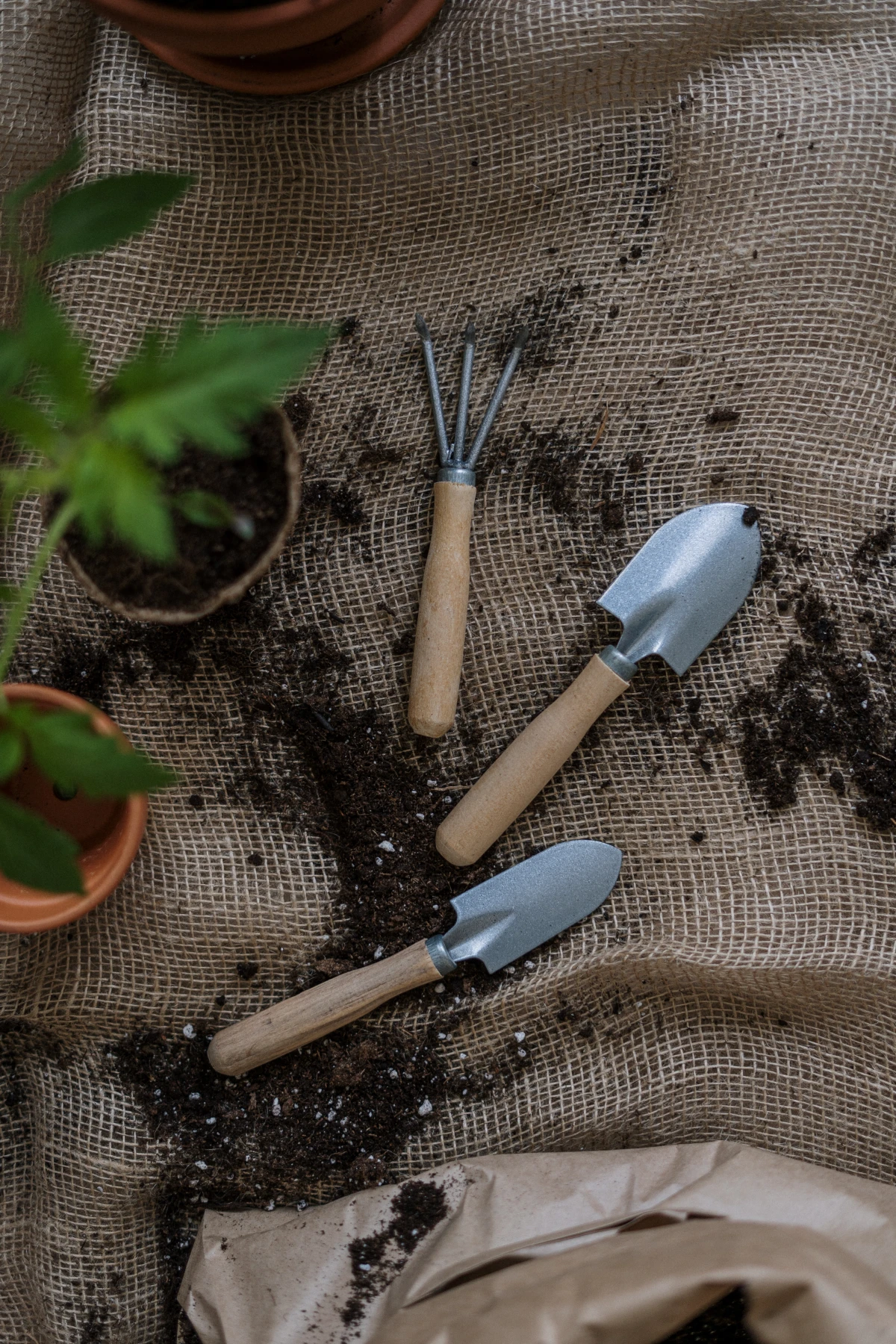How To Prepare Garden Soil For Spring Planting: 5 Easy Steps
Gardeners your time to shine is coming soon! Spring is just around the corner, which means it’s time to start planning out your garden and starting with preparations. The beds that have laid bare throughout the whole winter are now full of potential. Think of all the flowers you can grow. Oh, and all the tasty fruits and veggies! The possibilities are endless. However, before you go on grabbing the seeds, there is some work to be done on the soil. The soil needs some extra love in order to have enough nutrients for your plants. Fertile soil is crucial...

Gardeners your time to shine is coming soon! Spring is just around the corner, which means it’s time to start planning out your garden and starting with preparations. The beds that have laid bare throughout the whole winter are now full of potential. Think of all the flowers you can grow. Oh, and all the tasty fruits and veggies! The possibilities are endless. However, before you go on grabbing the seeds, there is some work to be done on the soil. The soil needs some extra love in order to have enough nutrients for your plants. Fertile soil is crucial for a successful garden. In just a day’s work, you can very easily give the existing plants a boost and lay the ground for successful seed sowing, as well as germination. So, let’s see how to prepare garden soil for in just a few simple steps.
The soil needs some extra love in order to have enough nutrients for your plants
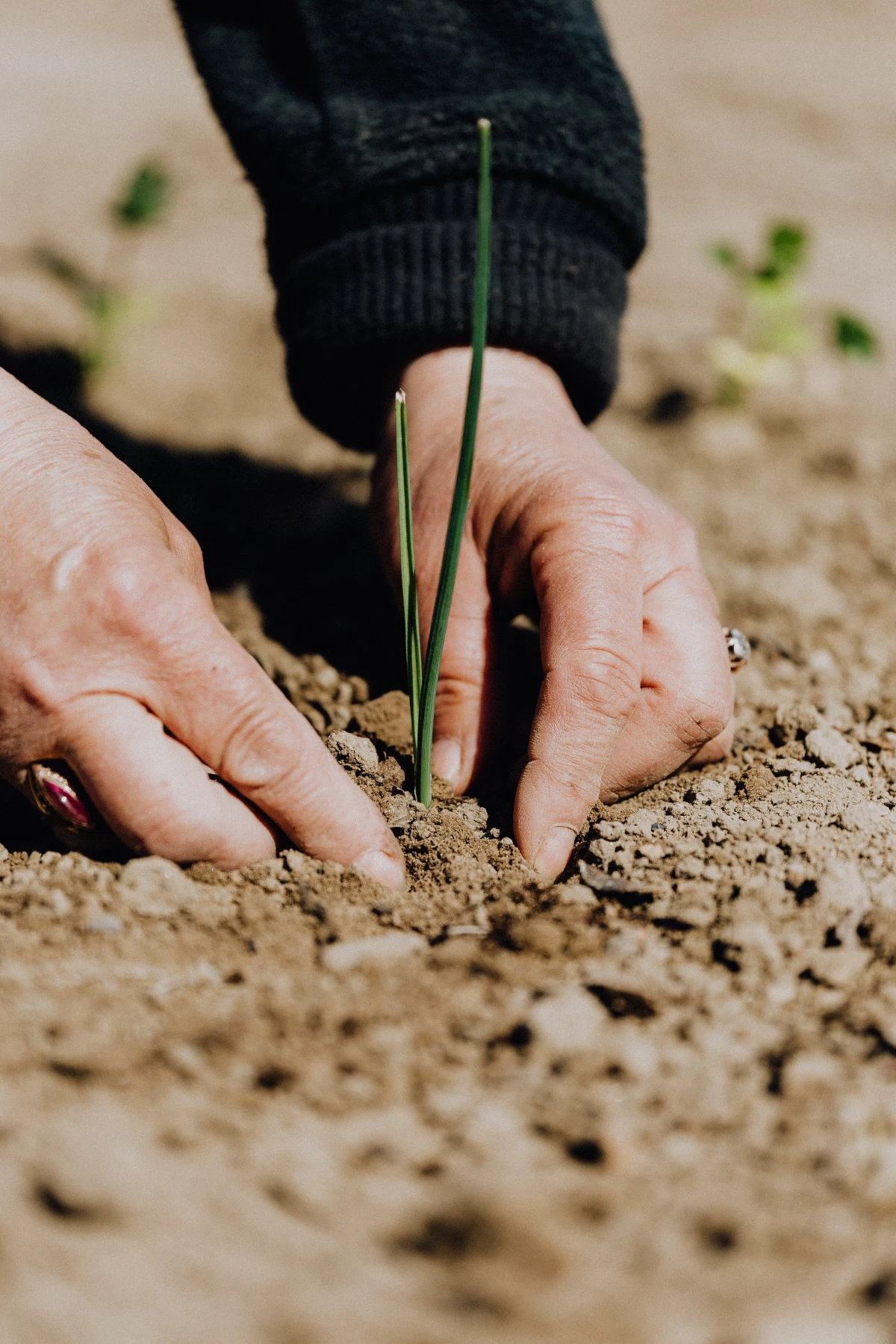
How To Prepare Garden Soil For Spring
You can’t have a successful garden if the base is lacking. If you want to get ready for spring planting, you first need to start at the source of all nutrients – the soil. With a few simple steps you can easily transform your soil’s fertility and give it the proper boost it needs after the harsh winter. So, if you want to get your garden off to a great start this season, make sure to do these easy jobs below. You will be glad you did them in the long run.
With a few simple steps you can easily transform your soil’s fertility
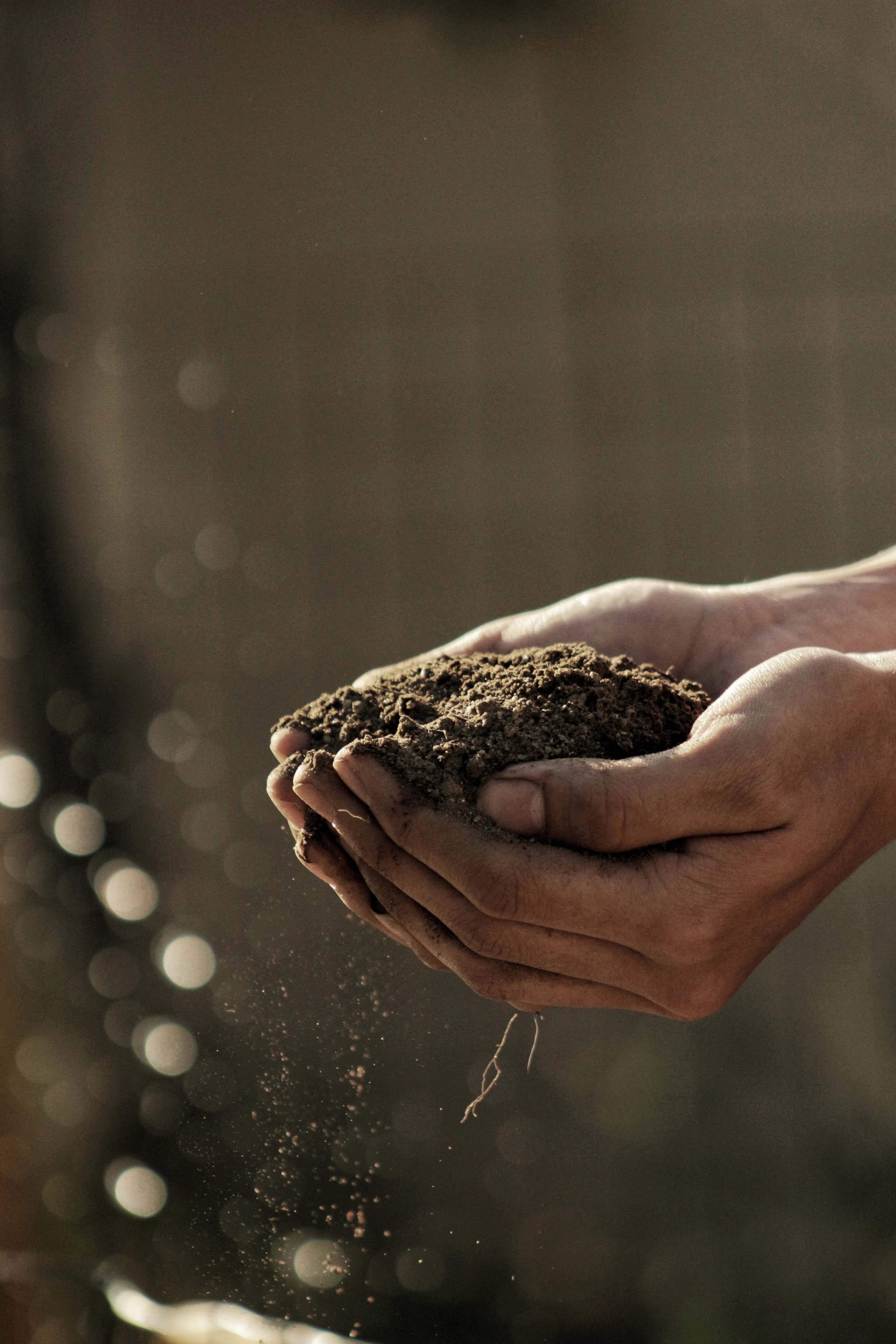
#Soil testing
Before you do anything else, gardeners recommend doing some soil testing. You can buy a kit or do your own DIY soil tests. This will help you determine what type of soil you are working with and what it may be lacking. Soil tests should be done every two to three years or in areas that you haven’t used for gardening, but want to. Soil tests will tell you where the soil is deficient and you can start to work on fixing the problem and replenishing its nutrients. After all, without good soil, you cannot grow good plants.
Before you do anything else, gardeners recommend doing some soil testing
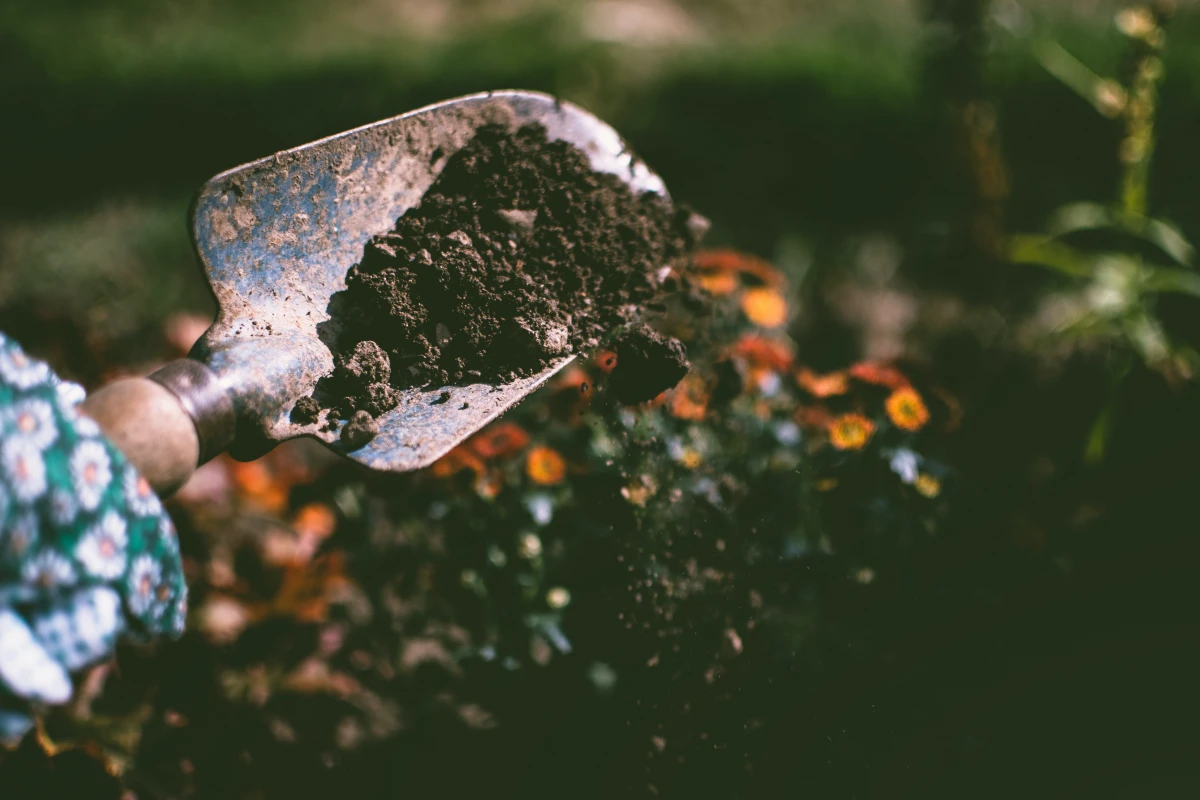
#Manure and compost
Green manure and chicken manure are just two example of great additions to your soil. Both can help enrich the soil and replenish lost nutrients. These fertilizers both have plenty of good nutrients for your ground and will help you grow strong and healthy plants. Just keep in mind that animal manure does smell a bit, but it is super beneficial. Some organic, homemade compost will also help add a ton of good stuff, so make sure to add a generous amount. Now is the perfect time to incorporate both manure and compost, as they will have plenty of time to break down before you begin sowing and planting.
Green manure and chicken manure are just two example of great additions to your soil
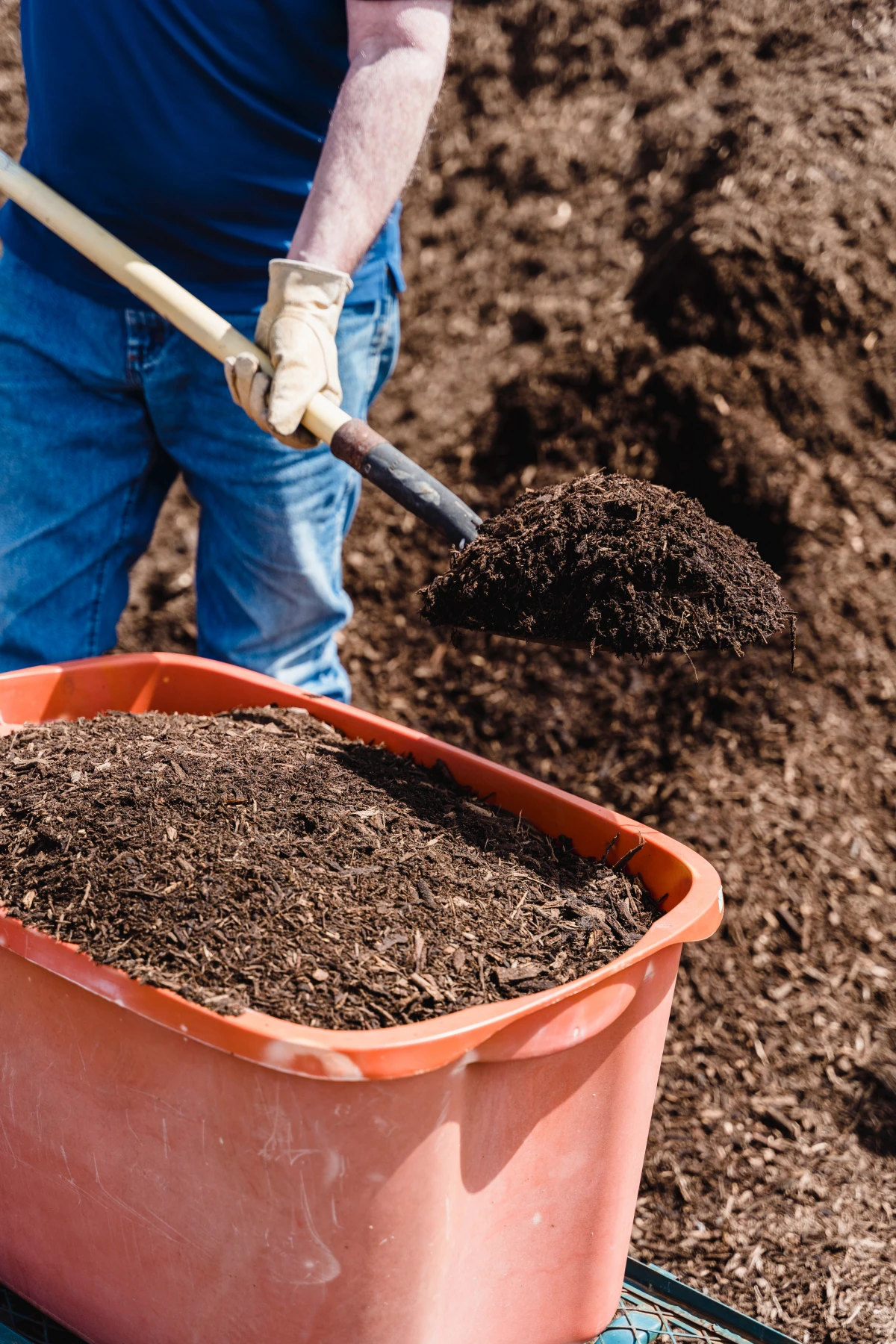
#Time to mulch
Spring time is one of the best times to start mulching your garden beds. Mulching in early spring is super beneficial for your soil. For example, if you go for natural mulch, it will add a bunch of nutrients to your soil as it decomposes. Adding a layer of mulch will also help keep your plants warm, keep weeds away, stop soil erosion and so much more. Even if there is a gush of unexpected cold weather, you won’t have to worry as all your garden beds will be nice and protected with a layer of mulch.
Spring time is one of the best times to start mulching your garden beds
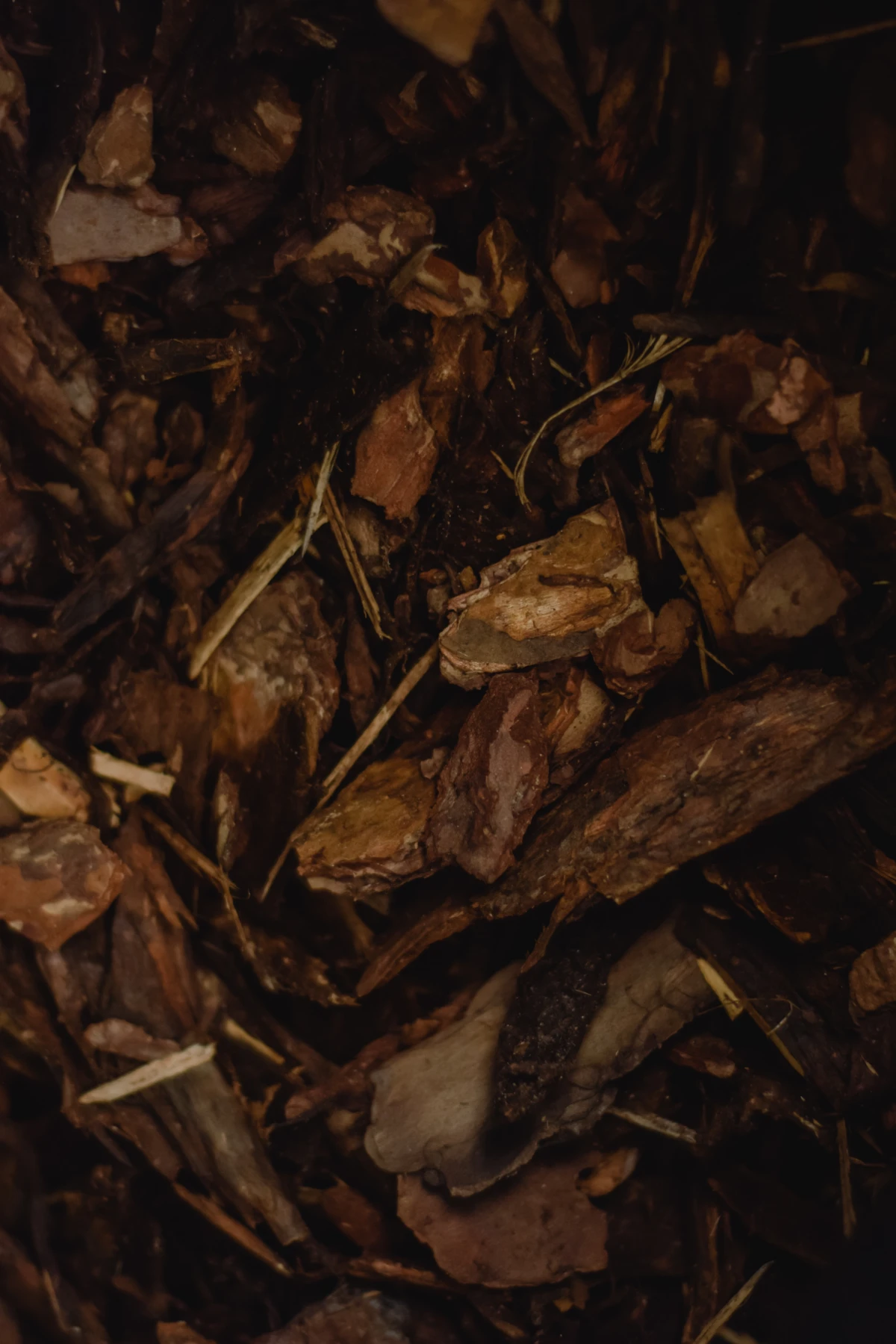
#Weed maintenance
Once the weather starts to warm up, the weeds start shooting up. It’s best to stop weeds in their tracks and get rid of them as soon as you see them. This will help make maintenance in the long run way easier. There are a ton of natural methods when it comes to dealing with weeds, as well as plenty of ways to keep them away from your garden for good, so you don’t have to constantly be dealing with them. Just make sure to not procrastinate this task. While they may seem like no big deal now, once they start taking up soil space and stealing nutrients from your plants, you will have wished you dealt with them earlier on.
Once the weather starts to warm up, the weeds start shooting up
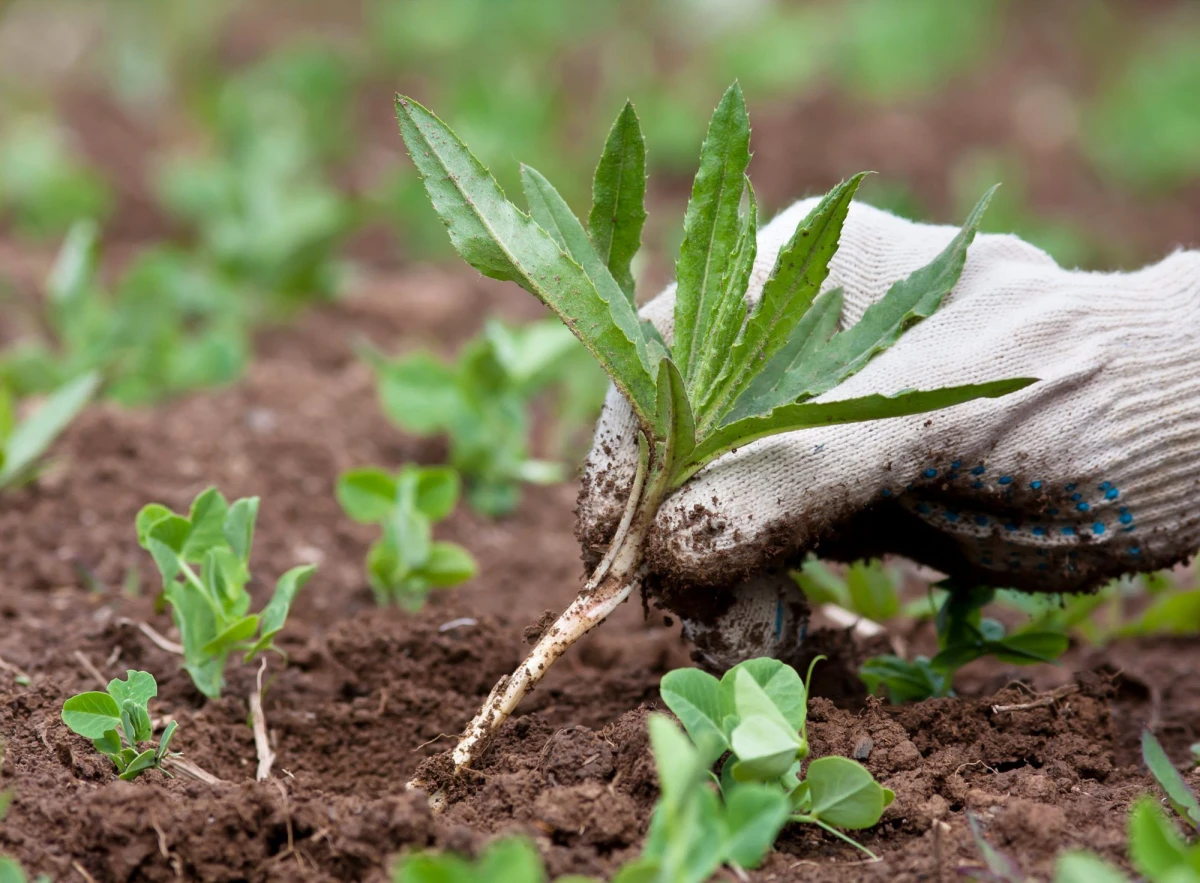
#Pest control
Alongside the plants, wildlife also awakens once spring comes around. This means you will soon be dealing with a bunch of pests trying to mess up your garden. Caterpillars, lawn grubs and moles will all start to appear soon. That’s why it’s best to prepare as much as possible. Encourage natural predators, such as birds, by making birdhouses and filling them up with seeds. Robins will love the feast of worms, grubs, and caterpillars your garden offers. Moles are also quite the inconvenience, but they can easily be deterred with repellents.
Encourage natural predators, such as birds, by making birdhouses and filling them up with seeds
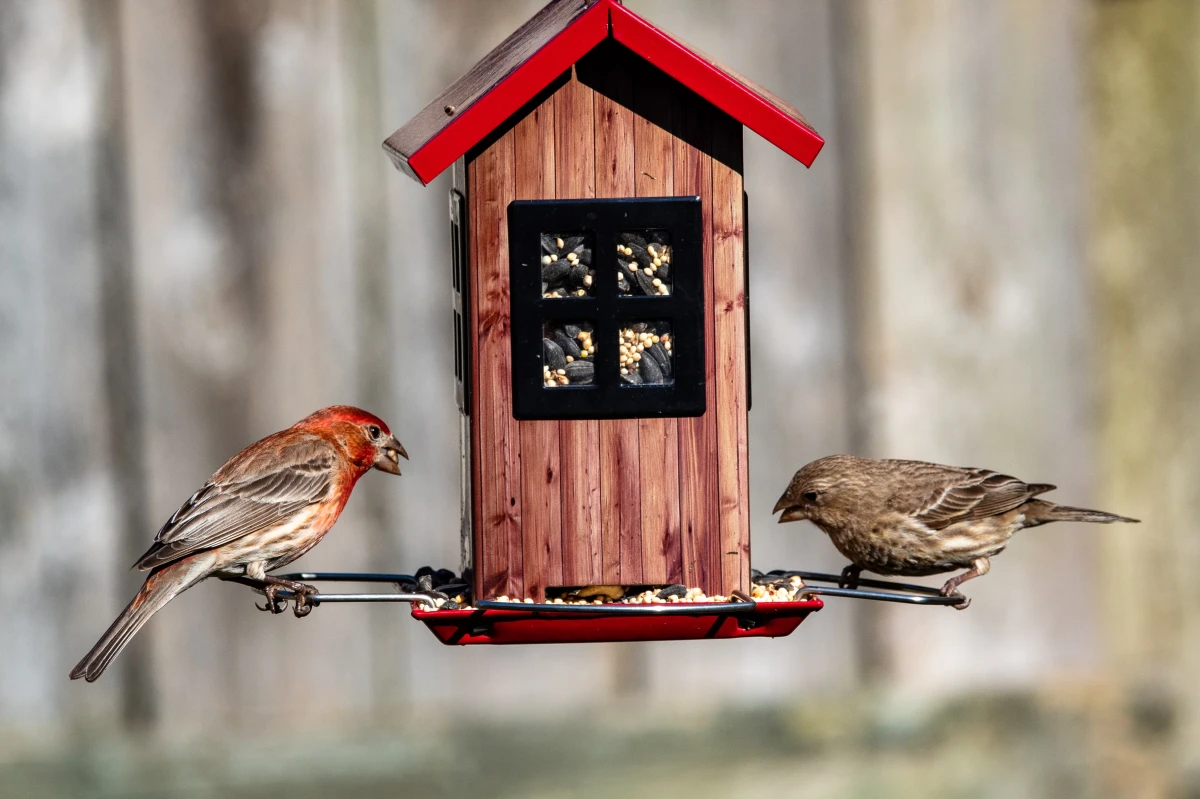
These were the most important things to do when it comes to how to prepare garden soil for spring planting and sowing. We hope you found this article useful. Now you know how to help out your soil and can expect healthy plants and a bountiful harvest. Happy gardening!
These were the most important things to do when it comes to how to prepare garden soil for spring
